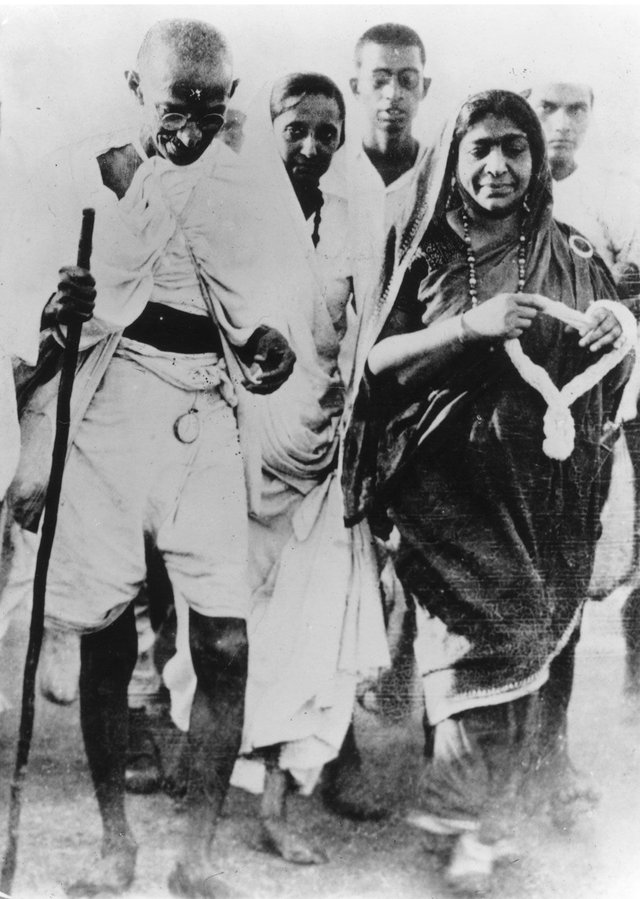
On March 12, 1930, Mahatma Gandhi began the famous Salt March, also known as the Dandi March, in protest of the British salt monopoly in India. The march started from Sabarmati Ashram and concluded on April 6 at Dandi, a coastal village in Gujarat.
Gandhi's decision to launch the Salt March was a response to the British Salt Act, which imposed a tax on salt production and prohibited Indians from collecting or selling salt. This seemingly innocuous law had a significant impact on the Indian population, as salt was a vital commodity used by all citizens.
The Salt March was a non-violent act of civil disobedience aimed at challenging British colonial rule in India. As Gandhi and his followers walked over 240 miles to the Arabian Sea, they gathered widespread support from Indians who were inspired by his message of self-reliance and non-violent resistance.
.jpeg)
The Salt March attracted international attention and drew the world's focus on the oppressive nature of British rule in India. The campaign inspired others to join the independence movement and marked a turning point in India's struggle for self-governance.
Ultimately, the Salt March played a pivotal role in the Indian independence movement and became a symbol of peaceful resistance and civil disobedience around the world. Gandhi's leadership and commitment to non-violent protest continue to inspire individuals and movements to this day.
Source:
Britannica.com